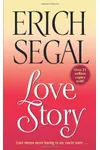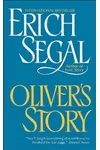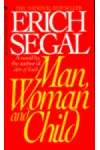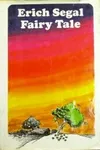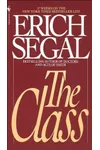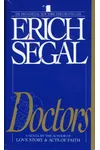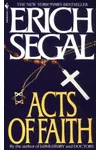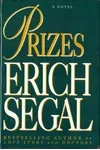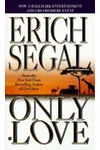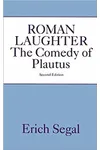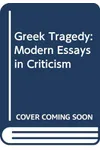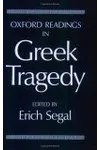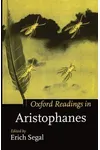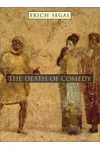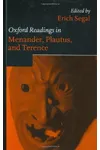Picture a storyteller who spun a tale of love so poignant it became a global phenomenon—meet Erich Segal! Born in Brooklyn in 1937, this American author, screenwriter, and classics professor captured hearts with his iconic novel Love Story. With a knack for blending romance with raw emotion, Segal’s work as a scholar and storyteller made him a unique figure in literature.
Segal’s life was a tapestry of academic rigor and creative passion. From his days at Harvard to his bestselling novels, he crafted stories that resonated with millions, leaving a legacy that still tugs at heartstrings today.
The Making of Erich Segal
Erich Wolf Segal grew up in a Jewish household in Brooklyn, the son of a rabbi. His early years were marked by a love for storytelling, sparked in part by a childhood accident that fueled his passion for running—later leading him to compete in the Boston Marathon over a dozen times. At Harvard, Segal shone as class poet and Latin salutatorian, earning a bachelor’s in 1958, a master’s in 1959, and a doctorate in comparative literature in 1965. His academic journey took him to Yale, where he taught classics, but his creative spark led him to screenwriting, including a stint on the Beatles’ Yellow Submarine.
Erich Segal’s Unforgettable Stories
Segal’s breakout novel, Love Story (1970), tells the tragic romance of Oliver Barrett IV and Jenny Cavilleri, two Harvard students from opposite worlds. Its heartfelt narrative and iconic line, “Love means never having to say you’re sorry,” made it a cultural touchstone, selling over 21 million copies and inspiring a hit film. The screenplay earned Segal a Golden Globe, though its success cost him tenure at Yale, as critics dismissed it as sentimental.
Undeterred, Segal wrote Oliver’s Story (1977), a sequel exploring grief and new beginnings, and The Class (1985), a saga of Harvard’s 1958 graduates that won literary honors in France and Italy. Doctors (1988) delved into the lives of medical students, blending romance with social commentary. Segal’s style—accessible, emotional, and rooted in human connection—revitalized the sentimental novel, earning both praise and skepticism for its unabashed heart.
His scholarly works, like Roman Laughter: The Comedy of Plautus (1968) and The Death of Comedy (2001), showcased his expertise in classical theater, balancing his popular fiction with academic depth. Segal’s ability to weave universal themes into fast-paced, vivid narratives made his stories timeless.
Why Erich Segal Matters
Segal’s impact lies in his ability to make readers feel. Love Story struck a chord during the turbulent 1970s, offering a simple yet profound tale of love amid societal unrest. Translated into 33 languages, it shaped romance fiction and pop culture, influencing fashion and even music sales. His novels, often exploring love, loss, and human ambition, spoke to the everyman, as his daughter Francesca noted, tapping into the universal tragedies and joys of life.
Despite critical snubs, Segal’s work endures for its emotional honesty. His dual career as a classicist and novelist bridged high and popular culture, proving that stories of the heart could be both scholarly and accessible. His legacy lives on through readers who still weep over Love Story and scholars who admire his contributions to comedy studies.
- Born: June 16, 1937, Brooklyn, New York
- Key Works: Love Story, The Class, Doctors, Roman Laughter
- Awards: Golden Globe for Love Story screenplay, Chevalier de l’Ordre des Arts et des Lettres (France)
- Died: January 17, 2010, London
Snag Love Story and dive into Erich Segal’s world of romance and heartbreak—your heart will thank you!
